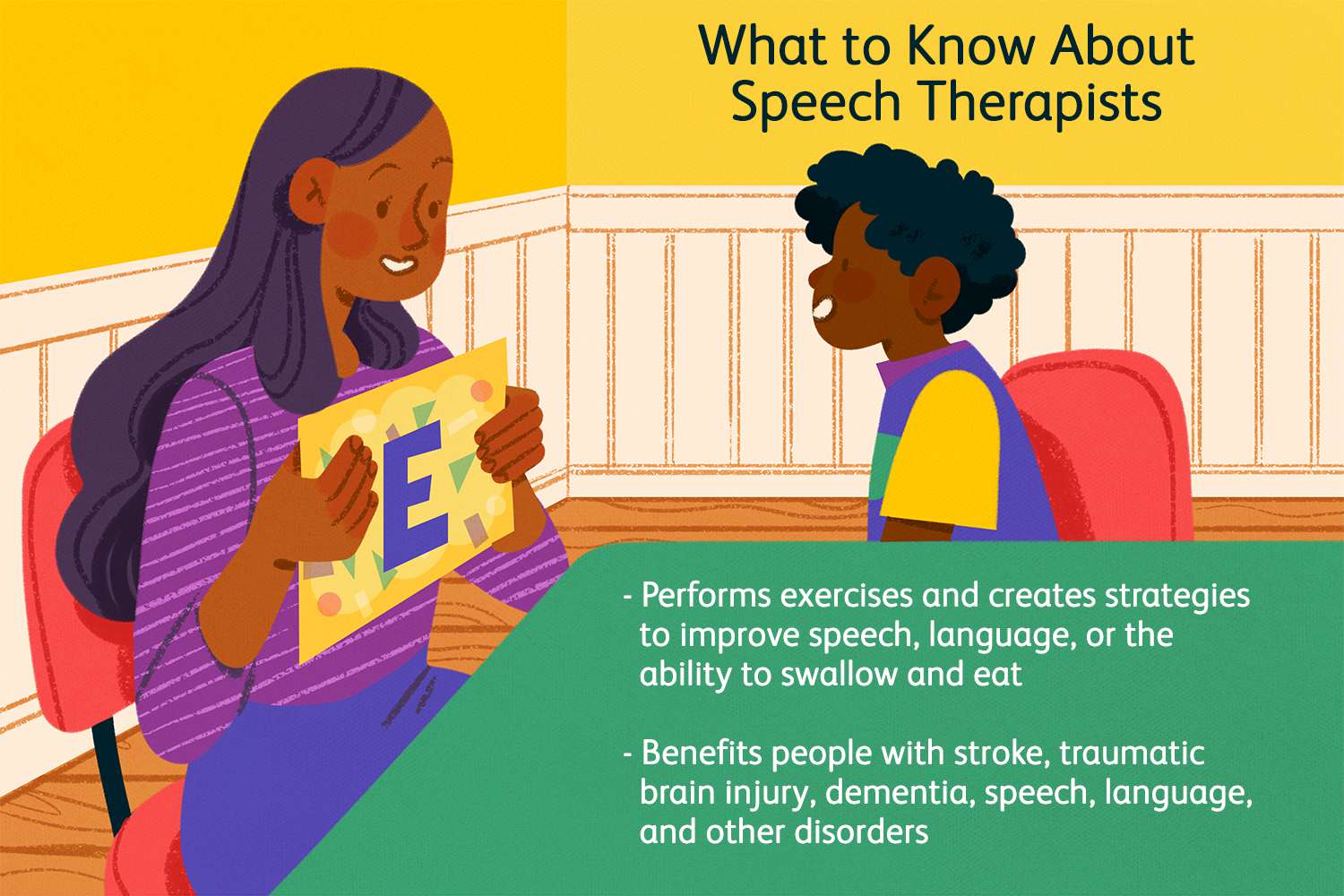The Benefits of Speech Therapy
Understanding the Importance of Speech Therapy
Speech therapy is a specialized form of therapy that focuses on improving communication skills, speech clarity, and language development. It plays a crucial role in helping individuals overcome various speech and language disorders, enabling them to communicate effectively and confidently.
Enhancing Speech Clarity
One of the primary goals of speech therapy is to enhance speech clarity. For individuals who struggle with articulation or pronunciation, speech therapy techniques can help them develop clearer speech patterns. Through targeted exercises and techniques, speech therapists can assist individuals in improving their ability to produce sounds and pronounce words correctly.
Improving Language Development
Speech therapy also plays a vital role in improving language development. It focuses on enhancing vocabulary, sentence structure, grammar, and comprehension skills. By working closely with a speech therapist, individuals can develop a stronger foundation in language, enabling them to express themselves more effectively and understand others better.
Boosting Confidence and Self-Esteem
Engaging in speech therapy can significantly boost an individual’s confidence and self-esteem. As speech skills improve, individuals gain more confidence in their ability to communicate with others. This newfound confidence can positively impact various aspects of their lives, including personal relationships, academic performance, and professional success.
Supporting Social Interaction
Speech therapy helps individuals develop the necessary skills for successful social interactions. Communication is a fundamental aspect of socializing, and speech therapy equips individuals with the tools to engage in conversations, express their thoughts and feelings, and understand others effectively. By improving communication skills, speech therapy facilitates meaningful connections and fosters positive social interactions.
Assisting with Speech Disorders
Speech therapy is particularly beneficial for individuals with speech disorders such as stuttering, apraxia, or dysarthria. Speech therapists use evidence-based techniques tailored to each individual’s needs to address these disorders effectively. Through regular therapy sessions, individuals can experience significant improvements in their speech abilities and overall communication skills.
Empowering Individuals of All Ages
Speech therapy is not limited to a specific age group. It can benefit individuals of all ages, from young children to older adults. Whether it’s helping children overcome speech delays or assisting adults in regaining speech abilities after a stroke, speech therapy provides valuable support and empowers individuals to communicate effectively throughout their lives.

Speech therapy offers numerous benefits for individuals with speech and language disorders. From enhancing speech clarity and language development to boosting confidence and supporting social interaction, it plays a crucial role in improving overall communication skills. By seeking the assistance of a qualified speech therapist, individuals can overcome speech challenges and unlock their full potential in both personal and professional aspects of life.
Frequently Asked Questions
1. What are the benefits of speech therapy?
Speech therapy can help improve communication skills, enhance speech clarity, increase vocabulary, and promote overall language development.
2. Who can benefit from speech therapy?
Speech therapy is beneficial for individuals of all ages, including children with speech delays, individuals with speech disorders or articulation difficulties, people with stutters, and those with language or communication disorders.
3. How long does speech therapy take to show results?
The duration of speech therapy varies depending on the individual’s needs and progress. Some individuals may see improvements in a few weeks, while others may require months or longer to achieve their goals.
4. Can speech therapy help with social skills?
Yes, speech therapy can address social communication skills, such as turn-taking, maintaining eye contact, interpreting nonverbal cues, and engaging in conversations, which can greatly benefit individuals in social settings.
5. Is speech therapy only for children?
No, speech therapy is not limited to children. It can be beneficial for individuals of all ages who experience speech or language difficulties.
6. Can speech therapy help with swallowing difficulties?
Yes, speech therapy can also address swallowing difficulties (known as dysphagia) by providing exercises and techniques to improve swallowing function and prevent aspiration.
7. How often should speech therapy sessions be scheduled?
The frequency of speech therapy sessions depends on the individual’s needs and goals. It can range from once a week to multiple sessions per week, as determined by the speech-language pathologist.
8. Is speech therapy covered by insurance?
Many insurance plans cover speech therapy services. It’s best to check with your insurance provider to understand the specific coverage and any limitations or requirements.
9. What qualifications do speech-language pathologists have?
Speech-language pathologists (SLPs) hold a master’s degree in speech-language pathology and are licensed professionals. They undergo extensive training and clinical experience to assess, diagnose, and treat various speech and language disorders.
10. Are there any home exercises or activities that can complement speech therapy?
Yes, speech-language pathologists often provide home exercises and activities to reinforce the progress made during therapy sessions. These exercises can be practiced regularly to enhance the effectiveness of speech therapy.




